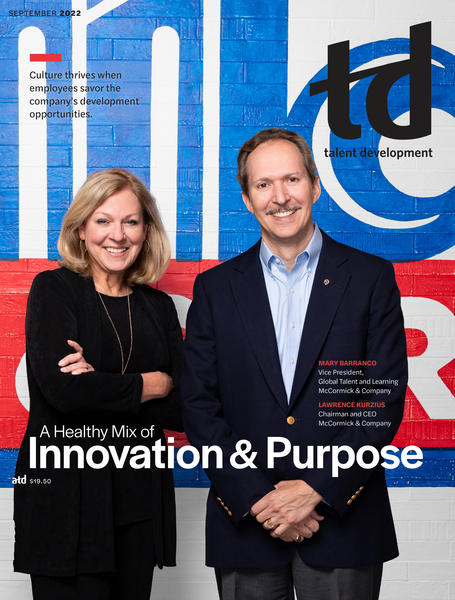TD Magazine Article
Overspecing
Having trouble finding the perfect candidate for an open position? The problem could be that your company is overspecing the job description, which is known as overspecing.
Thu Sep 01 2022
Having trouble finding the perfect candidate for an open position? The problem could be that your company is overspecing the job description.
The term overspecing originates from IT—for example, when clients impose technology requirements on vendors that are not necessary for the functionality of a specific product or service. In the talent development field, the idea of overspecing translates into job roles with descriptions that few, if any, individual worker is qualified to fill.
CompTIA's recent report, Workforce and Learning Trends: Navigating the Talent Constraints Era, defines overspecing as "the tendency to specify more (sometimes far more) skills and credentials than are necessary." The study indicates that while awareness of this trend is growing, it remains an unfamiliar concept to nearly 40 percent of talent management professionals.
According to the report, overspecing can take multiple forms, including defaulting to a degree requirement that may not be necessary, asking for years of experience rather than a demonstration of mastery, or the tendency for job postings to add new requirements without losing any.
CompTIA contends that while hiring managers believe there is little downside to including a large wish list of skills and credentials, potential applicants can become discouraged by the unrealistic ideal and remove themselves from consideration. Instead, the report advises employers to develop broader skill taxonomies that are "agile enough to enable both employee and employer to signal and update job fitness across business units and across industries."

